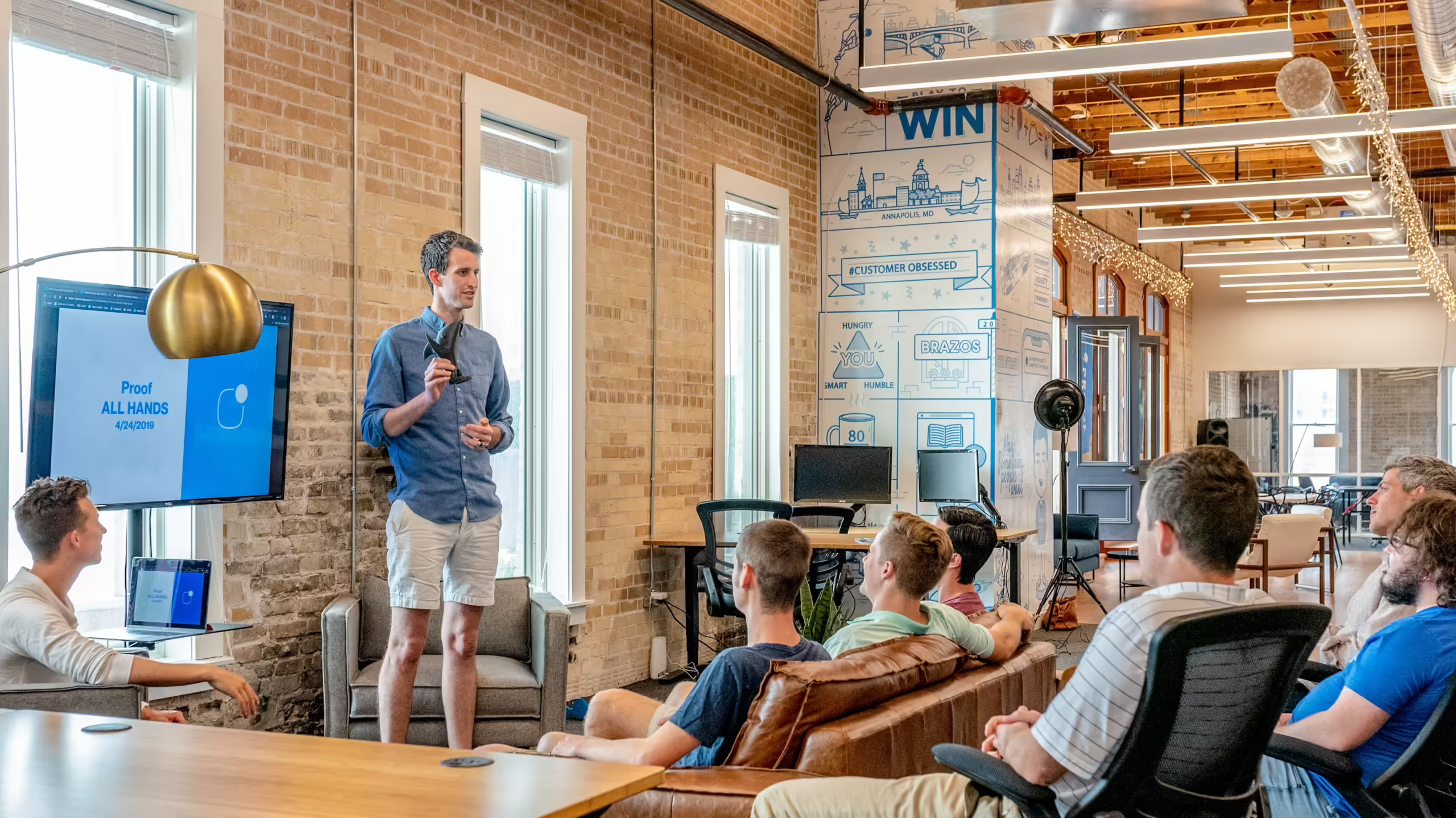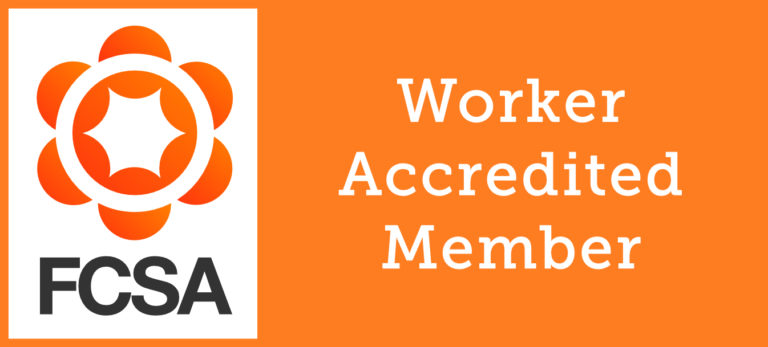
Looking for a new challenge in 2022? 89% of the UK population as a whole is actively aiming to start a new role in the next 12 months. Although the past two years have seen the self-employed community hit by the multiple major challenges delivered by Covid-19, IR35 and Brexit, UK contractors still view working in the EU as a positive rather than uncertain career choice for the next few years.
As contracting itself is set to prosper and – due to increased appetite for work flexibility and autonomy post-pandemic – self-employment will grow in popularity, contractors will see growing competition for the best assignments. A new role in a thriving economy with ambitious industry goals and EU access could provide the wide variety of projects and a new challenge to advance your career.
Generate’s payroll and contractor management specialists reveal our guide to becoming a contractor in Germany.
What You Need to Know Before Working as Self-Employed in Germany
1. Visas & Taxes
As with most other EU member states, following the UK’s departure from the European Union in 2021, previous freedom of movement access no longer applies in Germany. However, British contractors are still able to enter and work in the country by applying for the correct documentation.
Freelancers, interims and sole traders can start a new job hunt from your home country, or can obtain a Germany Job Seeker Visa to move abroad and search for employment/self-employment whilst living in Germany for up to six months before you must produce an employment offer. Non-residents who are not EU nationals will require a work permit with a valid sponsor for permanent employment. (EU nationals must secure a residency permit within 90 days of arrival.)
Self-employment through your own business is necessarily tied to German residence. Contractors must apply for a residence permit which will enable you to live and work in the country for more than 90 days. Temporary Residence Permits enable living and working locally for up to one year, whilst the EU Blue Card enables highly skilled professionals in areas such as IT to apply on a fast-track basis.
In a similar fashion to the IR35 tax rules in the UK, to qualify as self-employed in Germany contractors must fulfil certain requirements including:
- Being free to organise your own professional schedule and activities
- Determining your own working times
- The ability to decide your availability to work
- Having the ‘entrepreneurial’ freedom of decision whilst being responsible for your own risk.
All residents are taxed on all worldwide income. Non-resident individuals are taxed on German source income only. The country has progressive tax rates as follows:
- Up to €9,744 – 0% tax
- From €9,744 to €57,918 – 14-42% tax
- From €57,918 to €274,612 – 42% tax
- Over €274,612 – 45% tax.
Married couples can also enjoy significant tax reductions.
2. Economy & Employment Opportunities
One of the best (if not arguably the top) countries to work as a contractor in Europe, Germany is the continent’s largest economy. The country has access to the EU’s €25.6billion Recovery and Resilience Facility fund and is creating thousands of new jobs in Tech, Manufacturing and Engineering. Contractors skilled in these areas, particularly those with expertise as IT Project Managers, Developers, Programmers and Engineers, will find a variety of short and medium-term assignments to lead innovative and well-funded initiatives.
Germany’s Official Shortage Occupation List evidences a severe lack of and high employer demand for many of the professions practised by skilled contractors, including:
- Teachers and education staff
- Doctors, nurses and healthcare professionals
- Support workers and social care professionals
- Engineers (Electrical, Mechanical and Automotive)
- Software Developers and IT Programmers
- Energy Technology specialists.
In 2021 the nation’s Government warned that German businesses are facing an urgent shortage of skilled workers from abroad. The country’s industries are actively recruiting over 270,000 qualified and highly skilled individuals from Europe and further afield, meaning experienced contractors will be eagerly welcomed. Many employers and end clients are happy to contribute to the career development and skill advancement of their hires, including qualification and revalidation for healthcare professionals and funding digital technology courses/refresher training.
3. Reasons to Work in Germany
The variety of reasons to live and work in Germany includes:
- Work/Life Balance – The OECD ranks the country 8th best in the world for work-life balance (compared to the UK’s position of 28th). Only 4% of the nation’s employees work very long hours and with an average working week of 36-40 hours, most workers spend only seven or eight hours on professional tasks every day. With a culture devoted to consistency and reliability, the average workplace is organised and efficient, providing ambitious contractors with the opportunity to benefit from excellent end client relationships and deliver business-critical projects on time and in full.
- Welcoming Atmosphere – The thriving expat community now numbers over 250,000, and the vast majority of local citizens speak good-to-fluent English, helping contractors from overseas fit in straight away. Germans are known as friendly, welcoming people who respect the environment and are accepting of the country’s diverse culture, where 1 in 9 residents were born abroad.
- Travel – The nation borders numerous countries including France, Belgium, Switzerland, the Netherlands, Austria, Czechia, Poland and Denmark. Contractors living in Germany are ideally positioned for months’ and years’ worth of exploring the nearby tourist hotspots and ranges of landscapes via car, train, plane and boat.
- Things to Do – With an abundance of activities and destinations to visit right in the country itself, even the most discerning explorer will find something they enjoy. German landscapes vary from mountain ranges, forests and even beaches in some areas, with larger cities and small ancient towns providing festivals like the famous Oktoberfest and feats of architecture, art, history and nightlife.
Start Your International Contracting Career
Generate’s payroll and contractor management experts provide financial solutions in over 90 countries. Find out how we could help you.
Not sure whether Germany is right for you? Read our Guide to Contracting in France.











